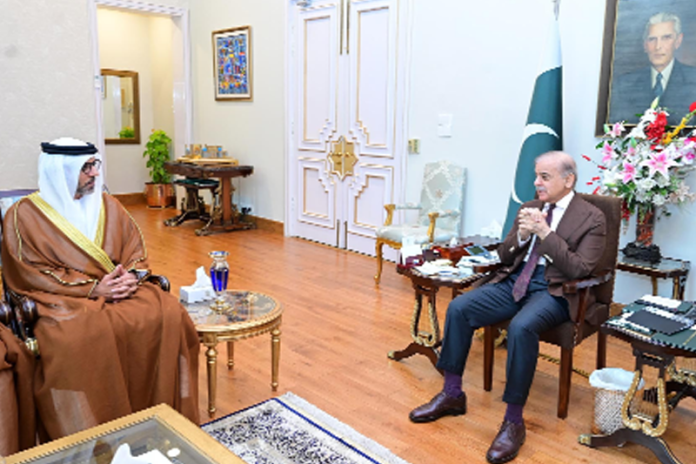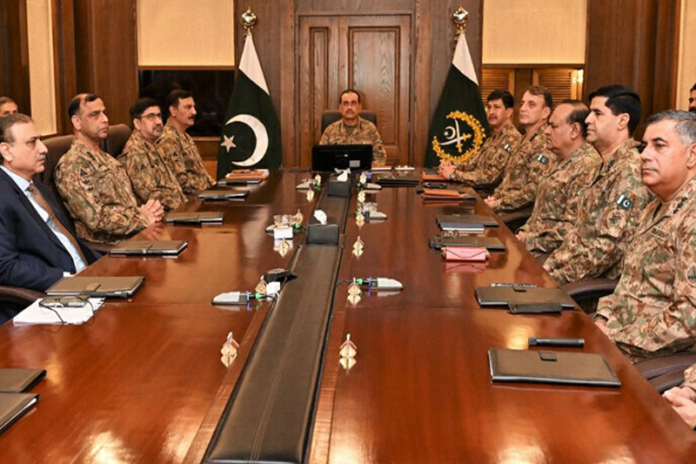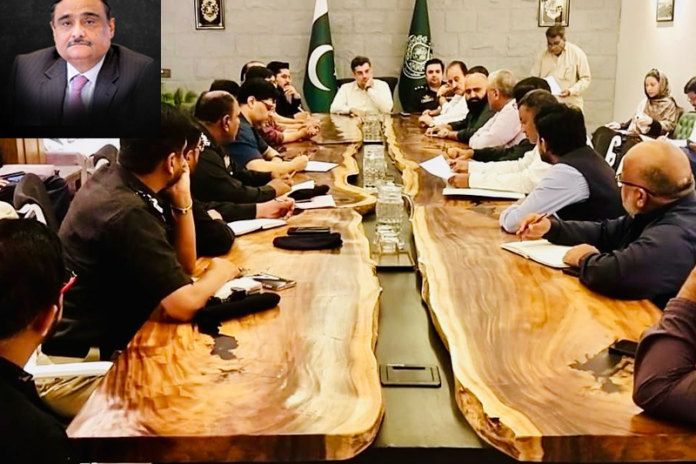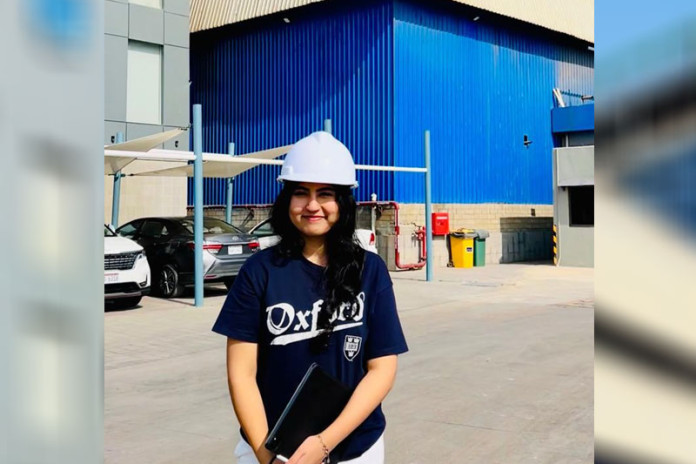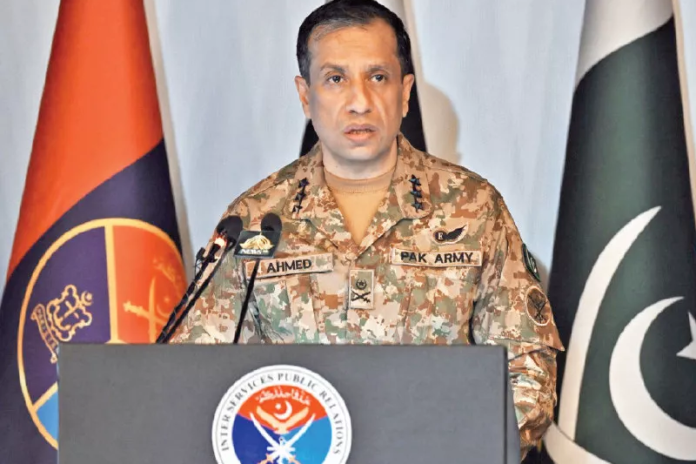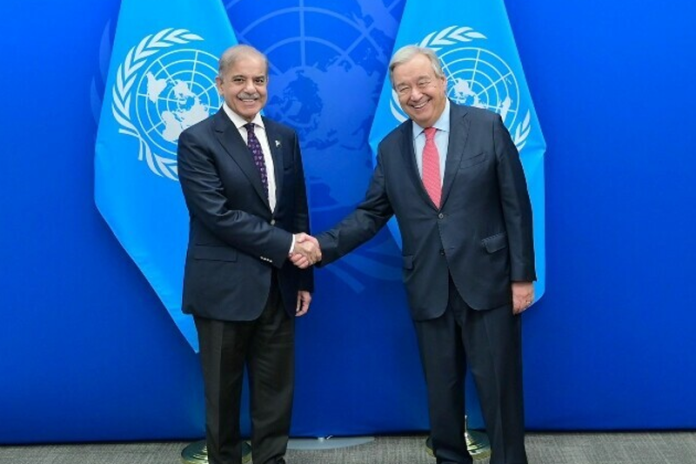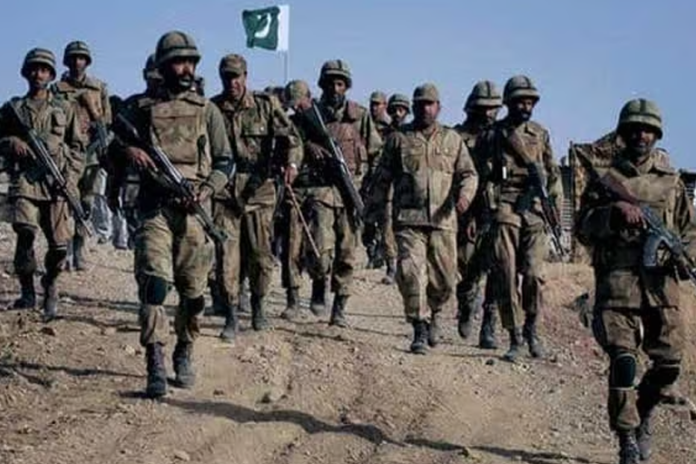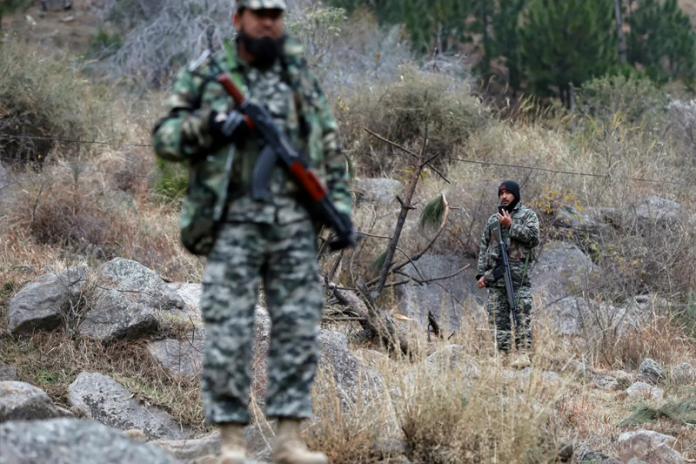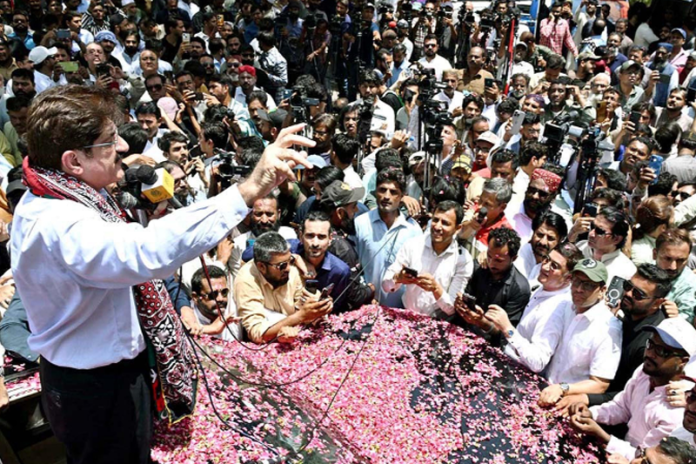Components of Petrol Prices in Pakistan
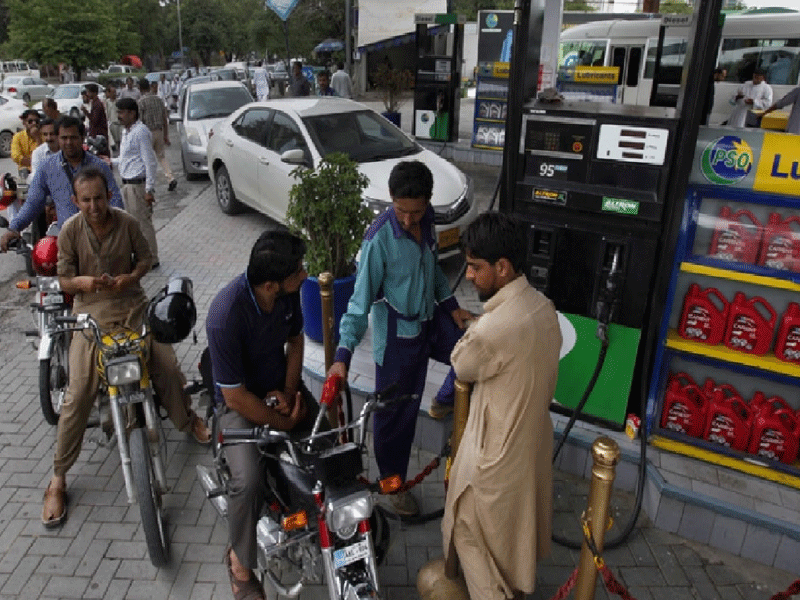
- 324
- 0
Inflation is a persistent problem in Pakistan, affecting the purchasing power of people and causing widespread economic hardships. One of the major contributors to inflation is the prices of petroleum products, which have been volatile in recent years due to global oil prices, exchange rate fluctuations, and government policies.
The prices paid by the end consumers of petroleum products are an accumulation of various components, each of which represents a portion of the overall oil value chain. From the exploration and production of crude oil to the refining and distribution of petroleum products, the cost of fuel accounts for each sector of the industry. In all countries except those rich in oil, governments impose fuel taxes to raise revenue to either meet fiscal targets or as an instrument to drive their energy policy.
The pricing framework for petroleum products varies across countries worldwide. The government may regulate the prices by providing subsidies or imposing price ceilings or letting the price be determined by an unregulated, liberal market. In the otherwise market-oriented economy of Pakistan, the price of petrol is regulated by the government, and the end-user price is fixed as notified through OGRA, the Oil and Gas Regulatory Authority.
Components of Petrol Prices in Pakistan
The end-consumer price of petrol in Pakistan is primarily determined by OGRA and based on the following six components.
Ex-Refinery Price
Local refineries import crude oil from oil-producing countries and sell their product to oil marketing companies at a price calculated by OGRA called the ex-refinery price. Petrol prices in Pakistan are revised using the Import Parity Price calculator. Essentially, the product’s base price is determined by the monthly average of its international price as published in Platt’s Oilgram coupled with the foreign exchange rate
Inland Freight Equalization Margin (IFEM)
OGRA uses the IFEM mechanism to ensure a uniform petrol price across the whole country despite the disparity in transportation cost of petroleum products to different depots. Without IFEM, the price of petrol would vary significantly across cities.
Dealer Margin
This component represents the commission received per litre of petrol sold by the owners of the petrol pump stations.
Oil Marketing Company (OMC) Margin
OGRA defines the profit margin per litre for companies that distribute oil.
Petroleum Development Levy (PDL)
To raise revenue for the government, the federal government imposes a petroleum development levy on petroleum products.
Sales Tax
GST is levied as a predetermined percentage on the total of all the above-mentioned components.
Published in The Daily National Courier, June, 10 2023
Like Business on Facebook, follow @DailyNCourier on Twitter to stay informed and join in the conversation.

